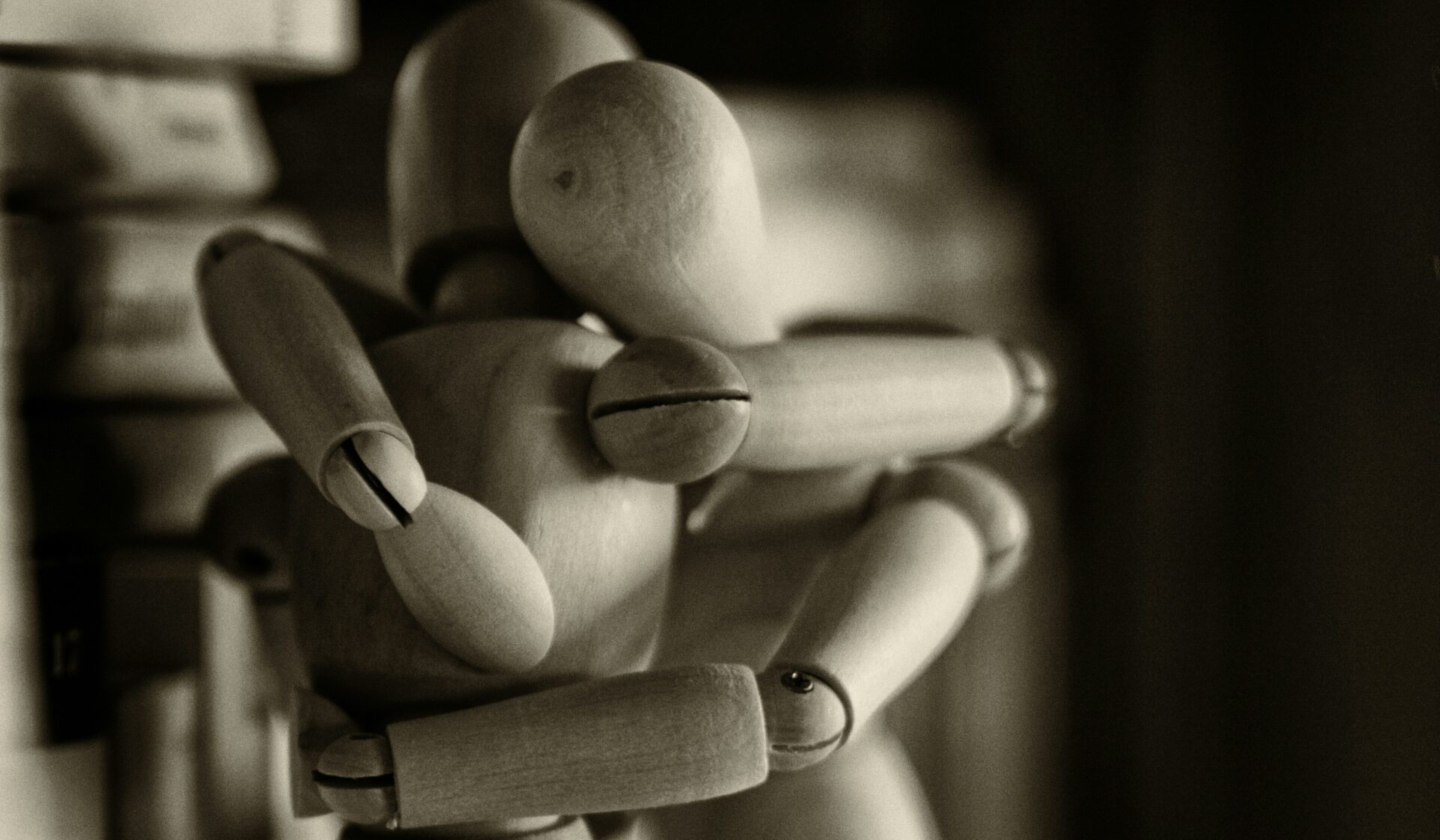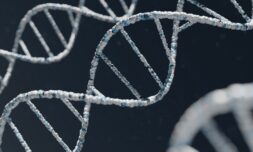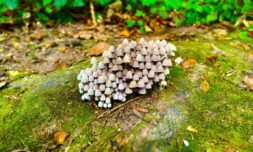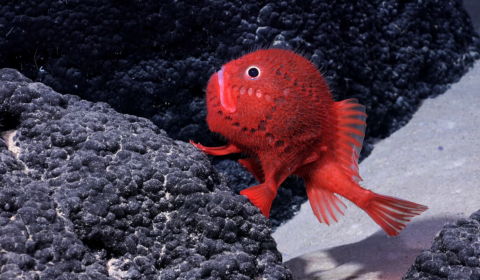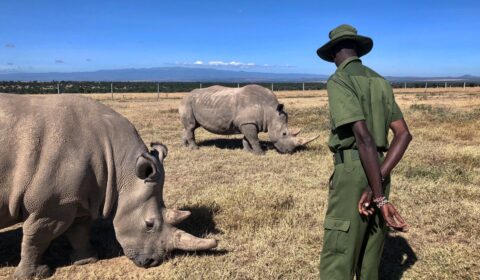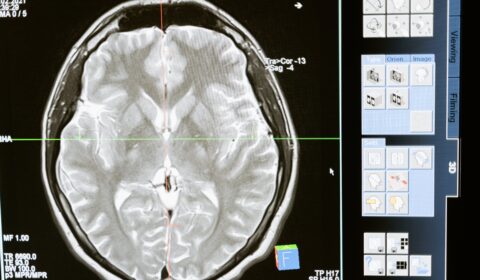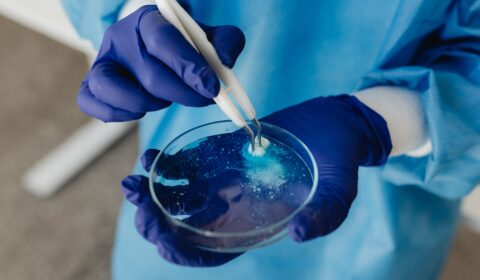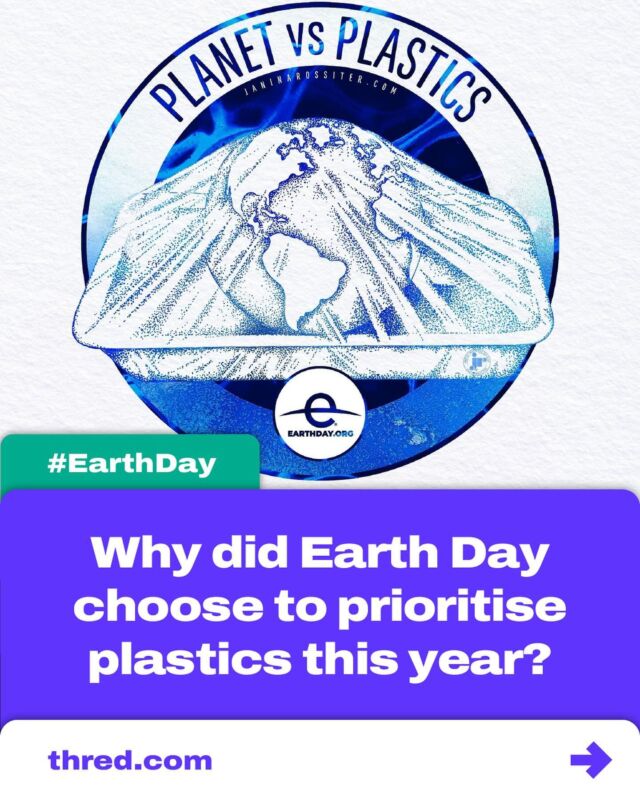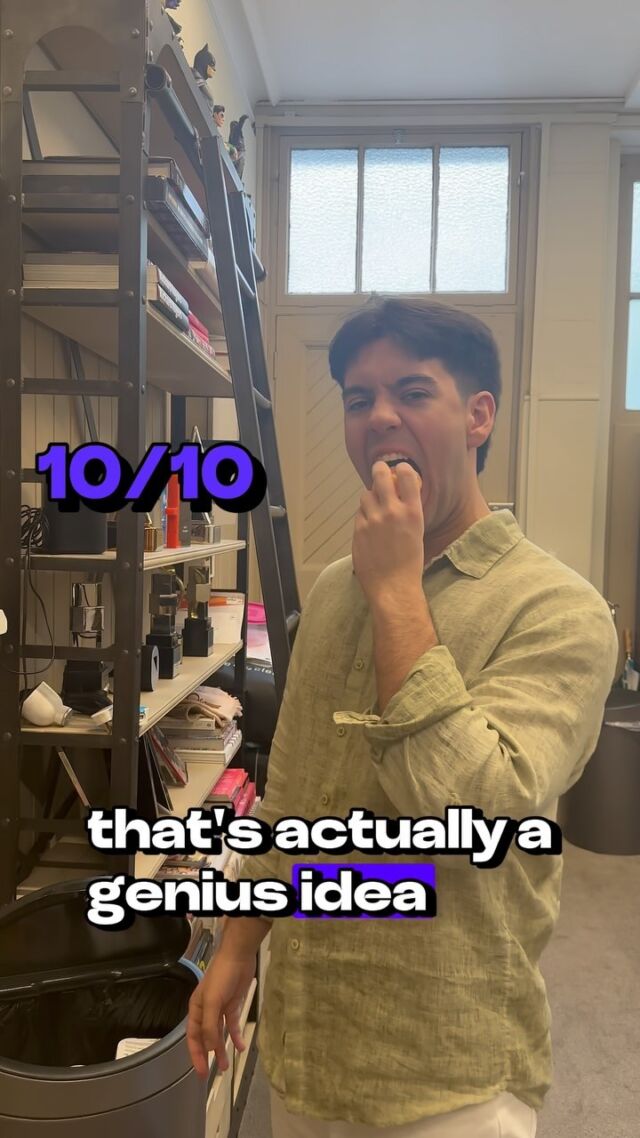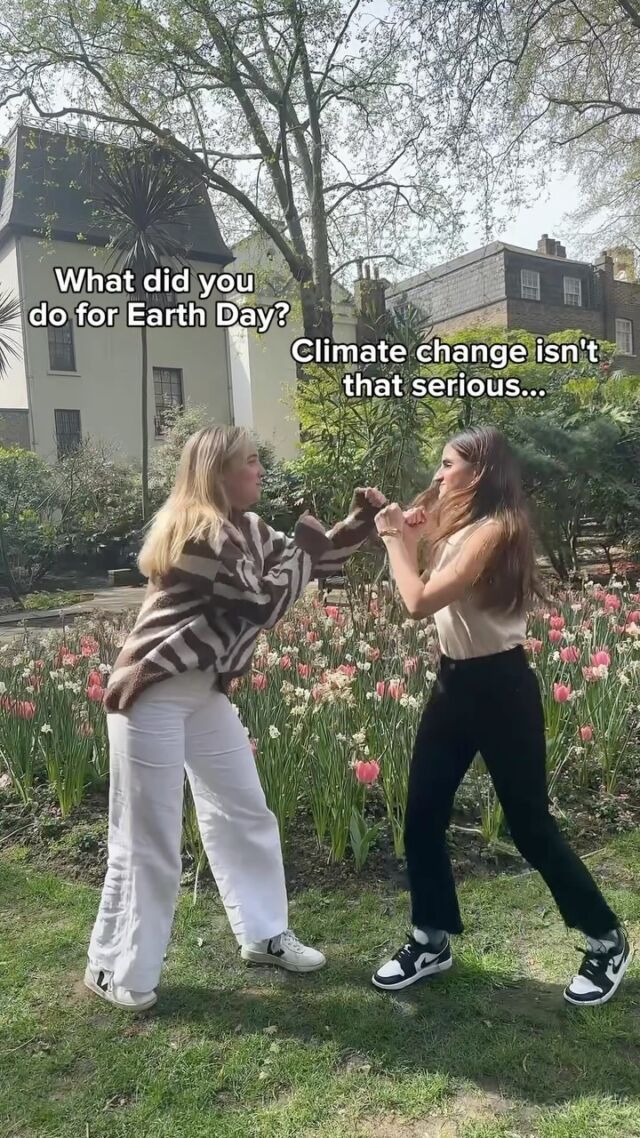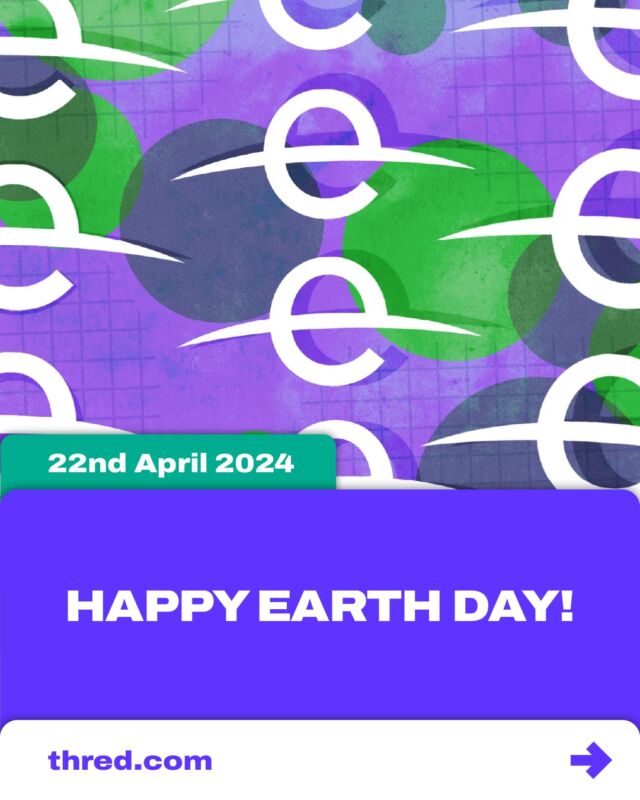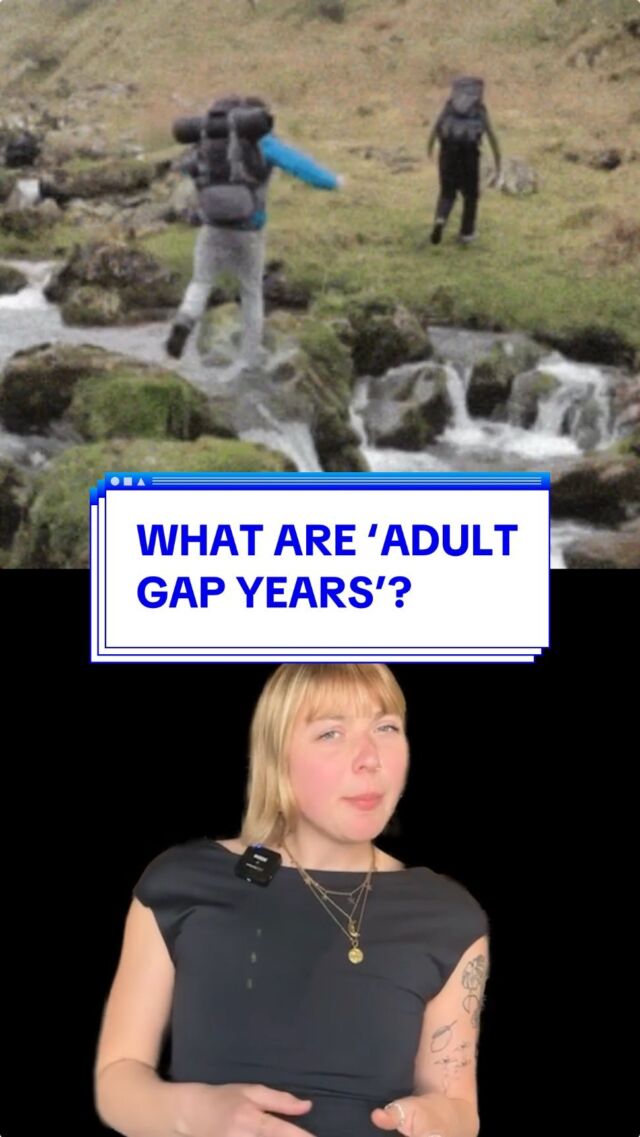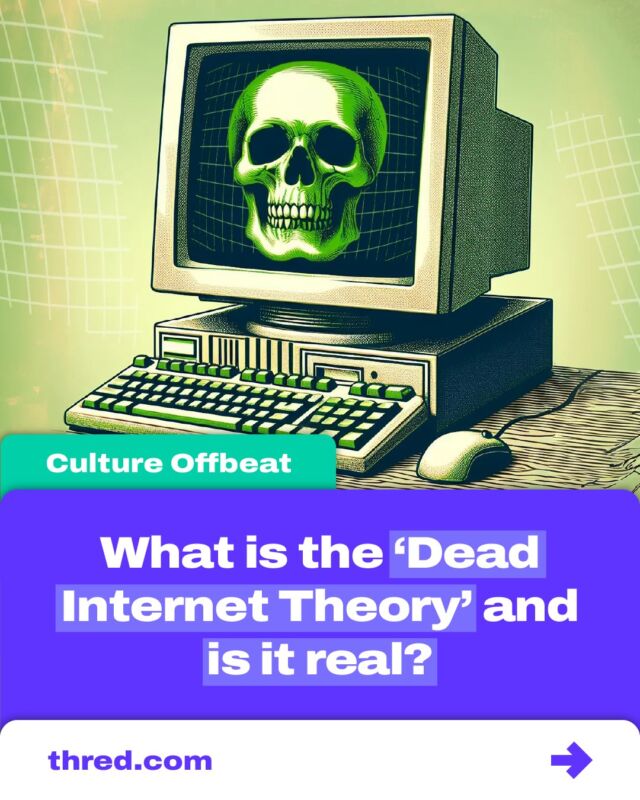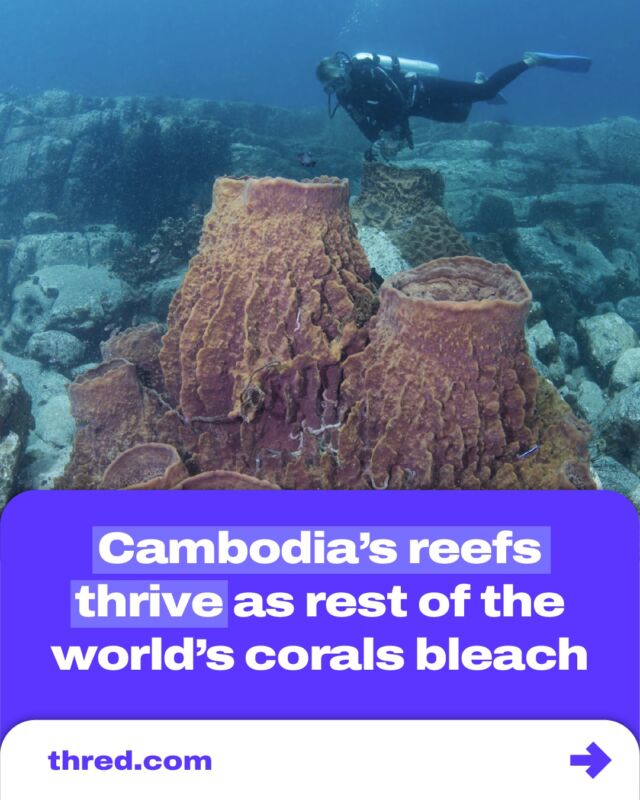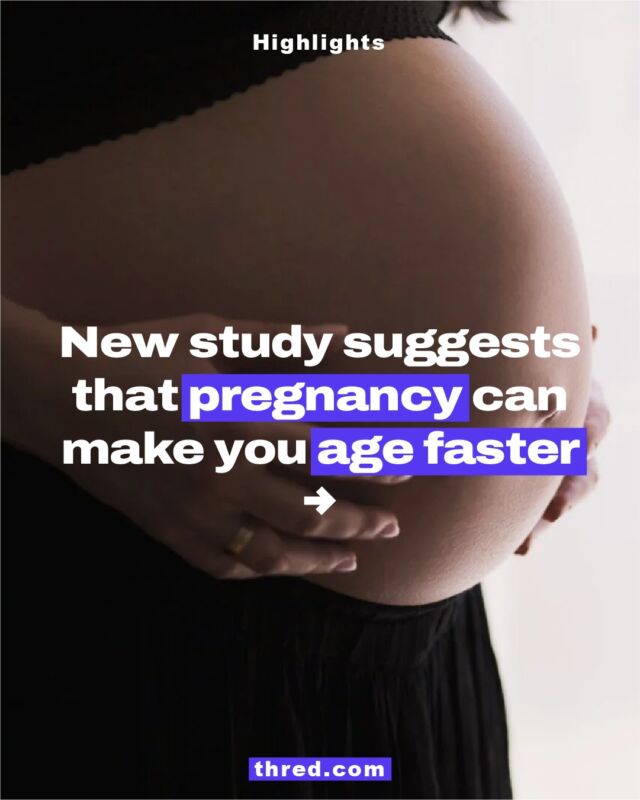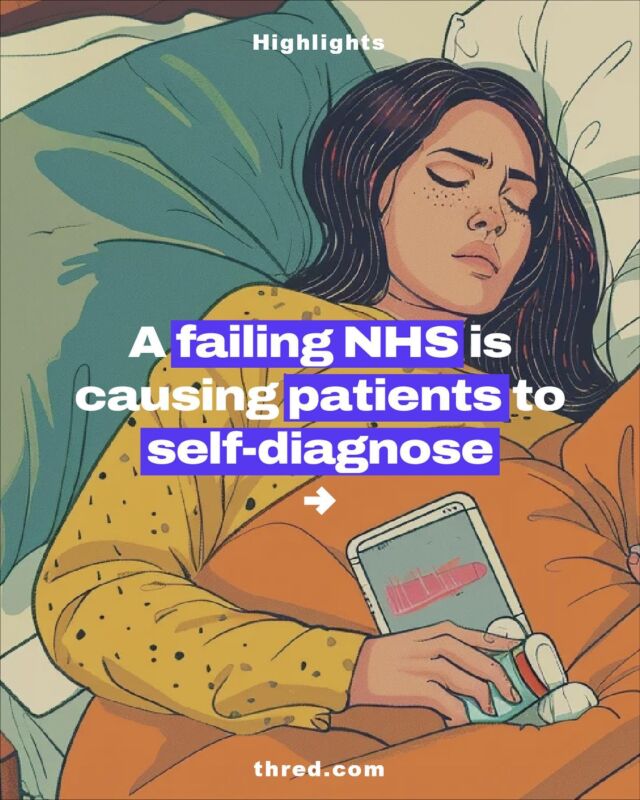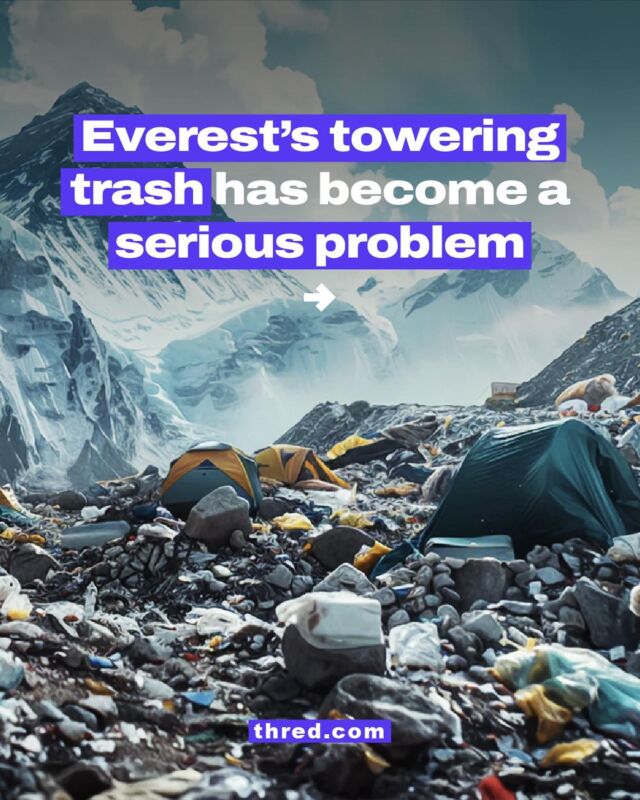Science confirms touch alleviates anxiety amid spiking levels globally
As the world grapples with a mental health crisis post-pandemic and in light of findings that record numbers of people are now suffering from anxiety, scientists have been looking for new ways to treat the condition. According to a recent study, hugs are one such solution. The world is grappling...
Current in Science
Cosmologists convene to question accepted view of the universe
Some of the world’s top cosmologists are meeting at London’s Royal Society to scrutinise an accepted theory on the universe’s formation. The view, formed in 1922, suggests that the universe is a vast, even expanse with no notable features. We’re floating on a rock in a vast cosmic expanse, that...
New study suggests that pregnancy can make you age faster
According to recent research, women who have been pregnant before are more likely to exhibit signs of accelerated biological ageing compared to women who have never been pregnant. While it may feel like common knowledge that pregnancy ages you, a new study published in Proceedings of the National Academy of Sciences...
Could gene-editing cure HIV?
Scientists say they’ve been able to literally cut out the ‘bad’ bits of DNA from infected cells to eliminate HIV in patients using the Nobel Prize-winning technology CRISPR. During the last few years, scientists have made strides towards treating diseases through gene-editing technology, their most promising breakthrough being the...
Scientists theorise that the Earth may be an intelligent entity
Pointing to evidence that fungi is communicating underground to suggest that large-scale networks of life could ‘form a vast, invisible planetary intelligence,’ a group of astrobiologists are asking the thought-provoking question: if a planet like Earth can be ‘alive,’ can it also have a mind of its own? ‘Conventionally, intelligence...
Single dose of LSD provides immediate and sustained anxiety relief
According to the results of a new study conducted by MindMed, just 100 micrograms of the hallucinogen can halve anxiety within weeks. As a result of this successful clinical trial, the US Food and Drug Administration has granted breakthrough therapy status to the biopharmaceutical company’s proprietary treatment. Following decades of...
Over 100 new species found on underwater mountain near Chile
Off the coast of Chile, up to 3,530 metres below sea level, scientists have discovered over 100 previously unknown species living on an underwater mountain. The planet’s biological tapestry is significantly richer than we knew last week. Scientists from the Schmidt Ocean Institute have just discovered 100 new species living on an underwater water mountain off the coast of Chile and Easter Island. Stretching 2,900 kilometres, the rocky formation dubbed the...
World’s first IVF rhino pregnancy could save species
The critically endangered northern white rhinoceros could be brought back from the brink of extinction after scientists successfully transferred a lab-created embryo into a surrogate mother. At present, there exist only two infertile female northern white rhinoceros on Earth as a consequence of illegal poaching – fuelled by the demand for rhino horn – which has wiped out the wild population across central Africa. They have been under
Disrupted sleep linked to cognitive decline in later life
According to a new study, young people with poor sleep quality are more than twice as likely to have memory and thinking issues when they get older. Though sleep is known to play an important role in the health of our brains and numerous studies have associated the lack of it with a higher risk of developing dementia, most research to date has focused on the impacts of this in...
AI discovers the first new antibiotic in over 60 years
A deep-learning algorithm has helped scientists identify new compounds that are effective against antibiotic-resistant bacteria – a public health threat that causes thousands of deaths annually. With doctors concerned that antibiotics have become increasingly ineffective since Fleming first purified penicillin in 1928, the recent discovery of a compound which can kill the drug-resistant bacteria that’s responsible for thousands of deaths worldwide every year is a welcome...









